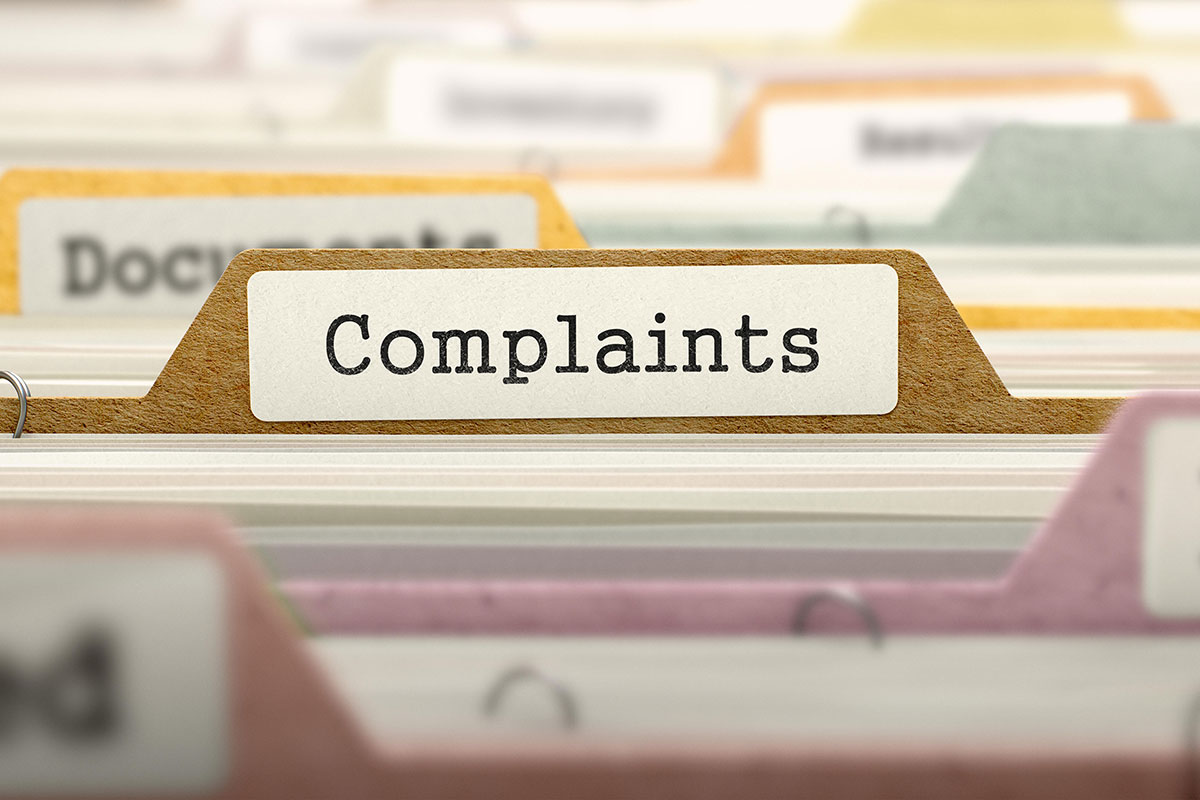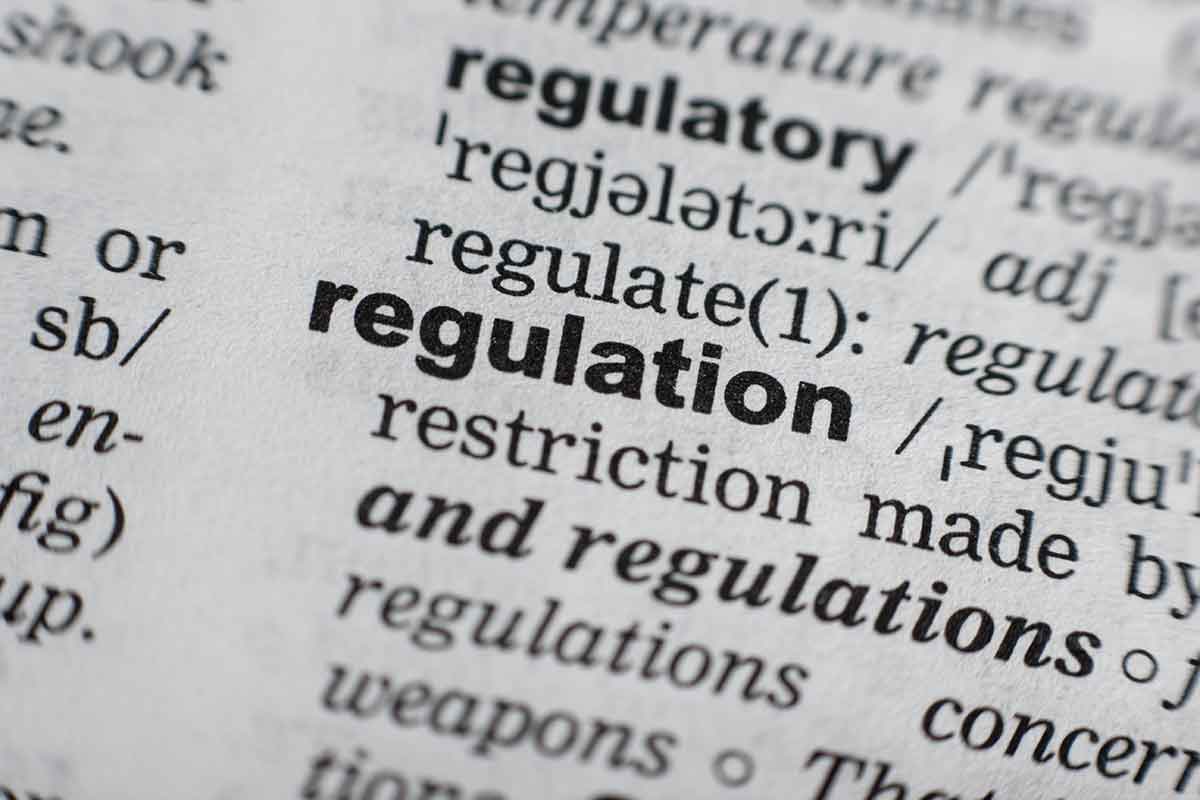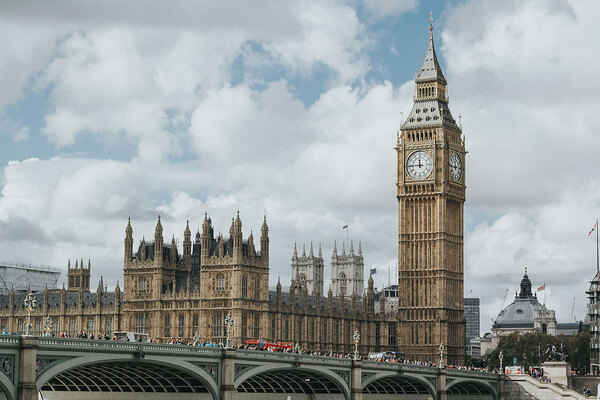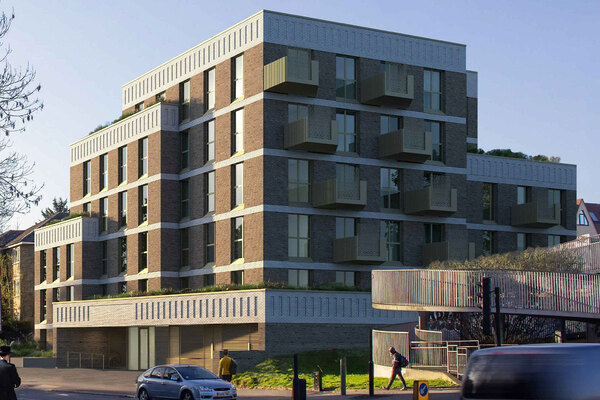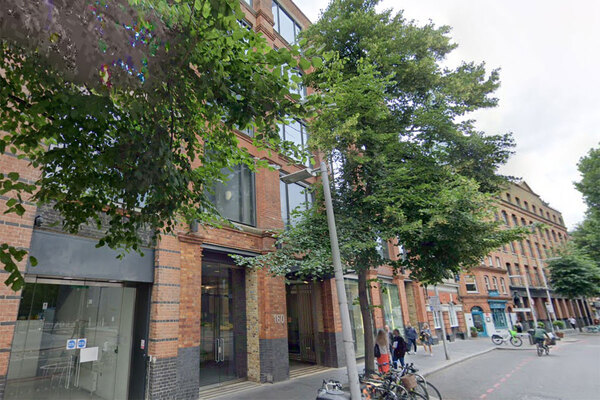You are viewing 1 of your 1 free articles
Social Housing (Regulation) Act becomes law in ‘historic’ moment
The Social Housing (Regulation) Act received royal assent in parliament on Thursday, making a host of reforms to sector law.

Coming more than six years after its catalyst the Grenfell Tower fire, the act will herald a new era of stringent consumer regulation for the social housing sector.
The reforms are a direct result of the Grenfell disaster, which claimed the lives of 72 people.
Changes to social housing regulation were first proposed in the wake of the tragedy after it was discovered that the repeated fire safety concerns of residents in the tower were ignored by their landlord, Kensington and Chelsea Tenant Management Organisation.
The act introduces many new obligations landlords will have to follow, while giving more powers to the Regulator of Social Housing (RSH) and the Housing Ombudsman.
It introduces ‘Ofsted-like’ inspections of providers, carried out by the RSH, with as little as 48 hours’ notice, while the RSH can now order landlords to carry out emergency remedial work and issue unlimited fines.
The act also allows the RSH to issue social landlords with ‘performance improvement plan notices’ if they fail to meet standards, if there is a risk they will fail to meet standards and if they fail to provide documents or information the RSH has asked for.
Awaab’s Law – a clause named after two-year-old Awaab Ishak, who died from prolonged exposure to mould in a Rochdale Boroughwide Housing flat – requires social landlords to respond to and investigate repairs within certain timescales, which are yet to be set.
Another amendment to the bill requires all social housing managers to have a professional qualification.
Housing secretary Michael Gove said: “Today is an important step towards righting the wrongs of the past. Our landmark laws will drive up standards of social housing and give residents a proper voice.
“The Social Housing Act will help to ensure that tenants get the safe, warm and decent homes they deserve – and those who have seriously neglected their responsibilities for far too long will face the consequences.
“Awaab’s Law will force social landlords to take immediate action on dangerous damp and mould as we introduce new strict time limits to fix their homes.
“I am incredibly grateful to Awaab’s family who have displayed such courage, dignity and leadership in pushing for change and securing these vital reforms.”
The act also makes changes to what activities the regulator can charge landlords fees for.
The government said it expects future changes to fee-charging will see all social housing providers – both housing associations and councils – paying for regulation costs.
Fiona MacGregor, chief executive of the RSH, said its next step is to consult on the new consumer standards that landlords will need to meet.
“We encourage tenants, landlords and others in the sector to have their say when we launch the consultation next week.
“We’re gearing up to start our new programme of regulatory inspections from next April, and landlords will need to demonstrate how they’re providing good-quality homes and services for tenants as well as meeting our governance and viability standards,” she said.
Responding to the news, Grenfell United said that “for far too long people in social housing have been treated as second-class citizens”.
It said in a statement: “We were treated with contempt and disrespect by a landlord that was nothing short of a mini-mafia. Our voices were silenced, our health and safety fatally compromised.
“72 people paid for this neglect with their lives. No lessons were learned, and in 2020, Awaab Ishak, an innocent child, lost his life in a flat not fit for human habitation.
“Grenfell should have been the catalyst for change, but it’s taken the government six years to commit to new legislation. For six years, we have fought tirelessly for a Social Housing Regulation Bill that will create a legacy for the lives that were lost to ensure they are remembered for the changes that came.
“We hope that this legislation will go some way towards the positive change the social housing sector so desperately needs to improve conditions for tenants.
“Higher consumer standards, a proper complaint process, Ofsted-style inspections by the regulator and professional social housing management can only be a step in the right direction.
“But this is just the beginning. There is more to be done and we will not give up until every social housing tenant is treated with respect and dignity. This is the very least that we deserve.”
Homelessness charity Shelter said the act receiving royal assent is a “historic moment for England’s nearly nine million social renters”.
Polly Neate, chief executive of Shelter, said: “Six long years on from the Grenfell Tower fire, this legislation is the result of tireless campaigning by Grenfell United and other activists to improve the way social tenants are treated.
“The landmark legislation means social landlords must be professionally qualified and can be properly held to account for the homes they let out.”
She said the act should mark a “step change” in ensuring that tenants have homes that are fit to live in, and that “nobody’s life is put at risk, as has happened too many times before, from Grenfell to the tragic death of Awaab Ishak”.
Ms Neate said stronger regulation alone “cannot fix this country’s serious housing problems”.
“Social housing has a vital role to play in providing decent, secure homes that are genuinely affordable for people, but to do that it desperately needs more government investment to both improve the existing homes and build new ones,” she added.
Gavin Smart, chief executive of the Chartered Institute of Housing, congratulated all involved in the development of the act, adding that it will provide an “important foundation for giving tenants a greater voice, improving access to redress and increasing the focus on professionalism in the sector”.
Kate Henderson, chief executive of the National Housing Federation, said: “Housing associations are committed to taking the act forward and demonstrating transparency and accountability to their residents.
“Alongside stronger regulation, housing associations are committed to working with the government to address the severe shortage of social housing and helping to deliver a long-term plan, focused on delivering the homes the country needs over the next decade.”
Sign up for our regulation and legal newsletter
Already have an account? Click here to manage your newsletters
